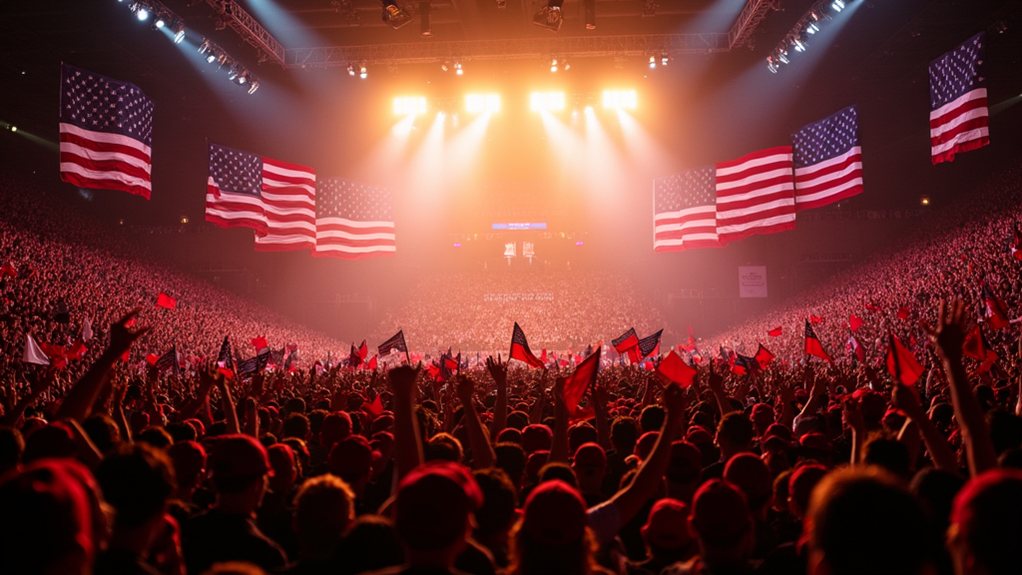Trump's words during his campaign and presidency have sparked strong reactions across the nation and the world. His promises to impose tariffs and cut taxes caught the attention of many. He pledged to impose tariffs between 10% and 20% on all trading partners. This included a 25% tariff on goods from Canada and Mexico, as well as doubled tariffs on Chinese imports. He claimed these tariffs would bring down inflation and create jobs, although critics warned they might raise prices on everyday items like groceries and electronics.
Trump also made bold claims about immigration. He stated he would deport up to 11 million undocumented immigrants, believing this would boost domestic manufacturing. His administration took steps to halt foreign aid and green energy initiatives, which were part of his broader strategy of economic deregulation. He promised to cut taxes by $8 to $10 trillion, which was expected to increase the federal deficit considerably over the next decade. The federal debt held by the public rose during his presidency, which raised concerns about the long-term sustainability of his economic policies. Additionally, his potential support for a favorable regulatory environment for digital assets could further influence market dynamics.
Trump's immigration promises aimed at boosting manufacturing while proposing significant tax cuts, raising concerns over the federal deficit.
The market reacted in various ways. Small business optimism reportedly increased after the election. Companies like SoftBank announced plans for large investments in the U.S. However, some businesses, like Best Buy and Target, warned that prices might rise due to tariffs. The auto industry praised tariffs as a way to boost American manufacturing. Congress regulates interstate commerce, which might influence the economic impact of tariffs and trade policies, ensuring that federal oversight balances state authority.
Internationally, Trump's policies led to strong responses. Canada and Mexico imposed retaliatory tariffs on U.S. goods. China also reacted by placing tariffs on American products like chicken and soybeans. This unpredictability in trade policies created uncertainty in global markets.
Experts have mixed views on Trump's economic approach. They believe that while some deregulation might bring improvements, the massive deportations pose a considerable risk to the economy. Overall, the net economic impact could fall between optimistic and pessimistic predictions, leaving many to wonder how his words will continue to shape the future.









